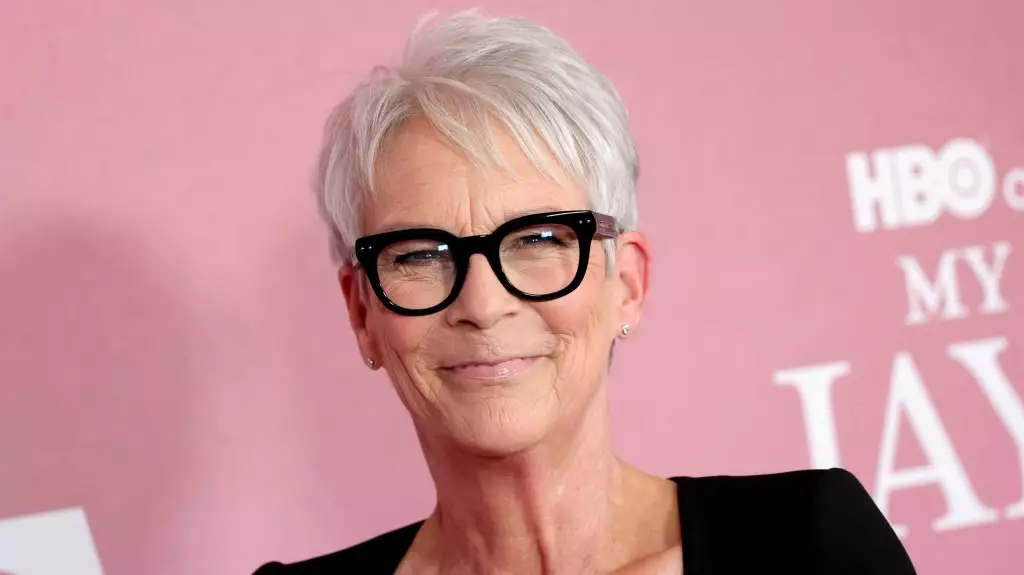Hollywood has long celebrated youth and beauty as the highest virtues, often overshadowing talent, experience, and authenticity. Jamie Lee Curtis’s reflection on her parents’ decline in the industry exposes a brutal truth: aging, especially for women, is treated as a career-ending curse rather than a natural human progression. Curtis’s candidness serves as a clinical diagnosis of Hollywood’s epidemic fixation on perpetual youth, which leaves aging actors—particularly women—discarded, ignored, or marginalized.
This systemic discrimination highlights a deep-seated double standard that values women’s appearance above their contributions or skills. While male actors may be given a bit more leeway as they age, often rewarded for their gravitas or complex performances, women face an accelerated trajectory toward the exit door. Curtis’s own decisions to preemptively ‘self-retire’ reveal a realist’s recognition of this industry toxicity, and a desire to reclaim agency over her career by disengaging before her relevance is forcibly revoked.
Her narrative underscores how Hollywood’s fixation on youth morphs into a form of cultural repression, where aging is viewed as a flaw rather than a sign of wisdom or depth. This creates a disturbing cycle: the industry’s preference for synthetic perfection perpetuates a narrow ideal of beauty, leading many women to undergo painful cosmetic procedures in pursuit of an ever-elusive ideal. Curtis’s critique exposes this pursuit as a hollow mimicry that erodes genuine identity, pushing individuals toward disfigurement in the quest for societal validation.
The Cosmetic Industrial Complex as a Cultural Menace
Curtis’s vocal opposition to cosmetic surgery and the pervasive influence of the “cosmeceutical industrial complex” heralds a larger societal crisis. Her comparison of this industry to a form of cultural genocide is provocative, yet it aligns with her broader concern about the erosion of natural human diversity. She decries how generations of women have been disfigured—both physically and psychologically—by relentless marketing campaigns promising eternal youth and beauty through chemicals, surgeries, and filters.
This obsession with artificial perfection is further amplified by technological advances like AI filters, which distort reality even more profoundly. When filters replace authenticity with fabricated images, they reinforce harmful standards that equate worth with superficial appearance. Curtis emphasizes that what many perceive as “better”—filtered, surgically enhanced, digitally altered—is ultimately fake and damaging. Her stark warning about the normalization of artificiality reminds us that society’s obsession with looks is a form of social conformity that stifles genuine individuality and self-acceptance.
Her choice of the word “genocide” is deliberately inflammatory, aimed at startling the audience into recognizing the scale of this cultural tragedy. It’s a powerful critique of a society that sacrifices diversity in appearance and authenticity for sterile, marketable images. Curtis’s stance invites us to question whether this relentless pursuit of perfection is worth the loss of natural human variation and whether we are complicit in perpetuating a cycle of exploitation driven by industries that profit from our insecurities.
Challenging the Status Quo With New Opportunities
Despite the bleak portrait, Curtis’s career trajectory proves that change is possible—if not imminent—within Hollywood’s shallow hierarchy. Her upcoming projects, including a reboot of “Freaky Friday” and new roles in crime and horror genres, are testaments to her refusal to be entirely railroaded by ageism. Her decisions to produce and star in morally complex narratives demonstrate that experience and talent remain valuable and vibrant assets.
Curtis’s activism extends beyond her career choices; she actively critiques the industry’s superficial standards and advocates for a broader appreciation of aging as a natural and beautiful phase of life. Her voice adds weight to a growing movement challenging the industry’s stereotypes and promoting more inclusive representation. She understands that systemic change requires not just individual resolve but collective cultural shifts—an effort to reject the outdated dogma that equates worth with relentless youthfulness.
Her stand against cosmetic surgery and AI-filtered images reflects a desire to reclaim authentic human experiences. By choosing not to conform to society’s artificially imposed ideals, Curtis embodies a message that genuine beauty resides in authenticity, vulnerability, and the acceptance of aging as an integral part of life. Her attitude exemplifies a form of quiet rebellion against a beauty industry that profits from dissatisfaction, encouraging a reevaluation of what it means to be truly attractive—inside and out.

Leave a Reply